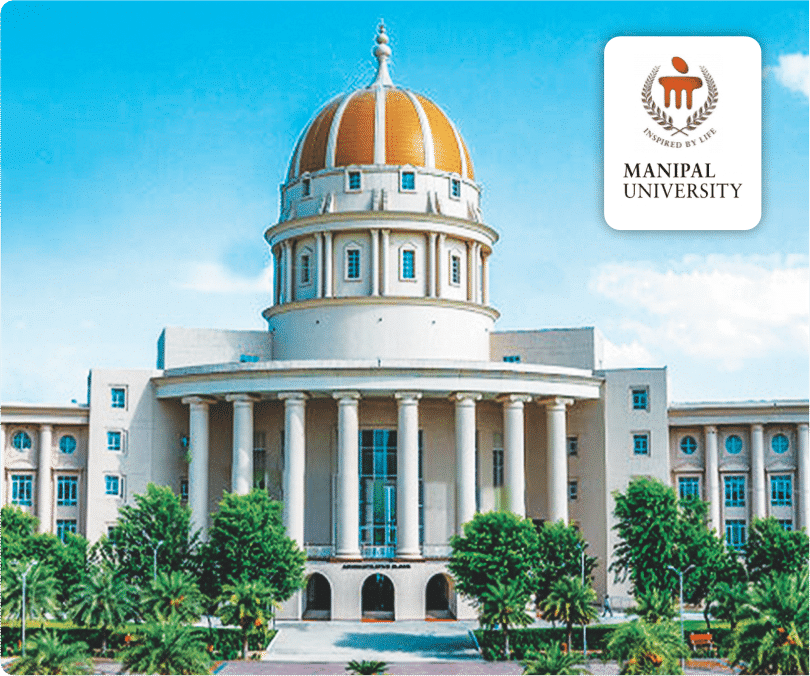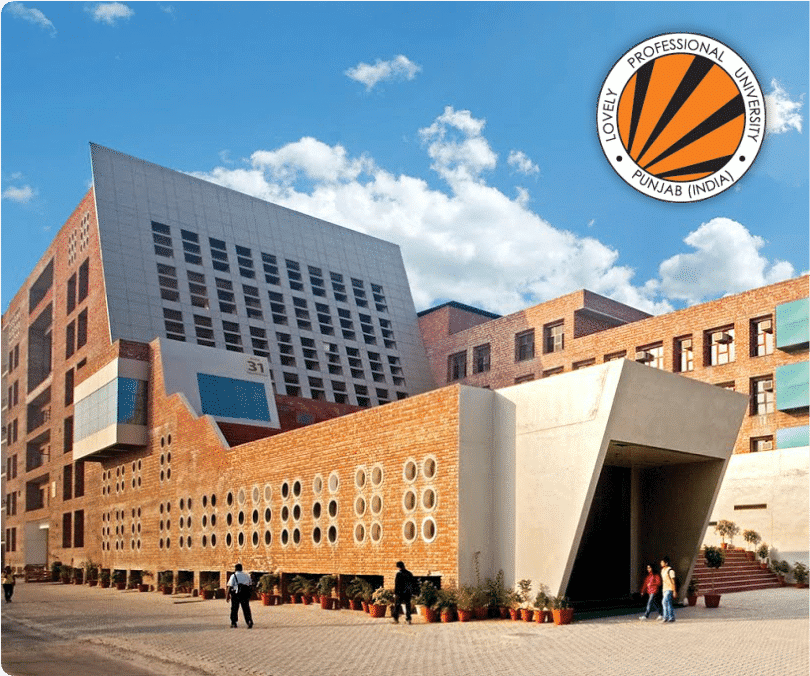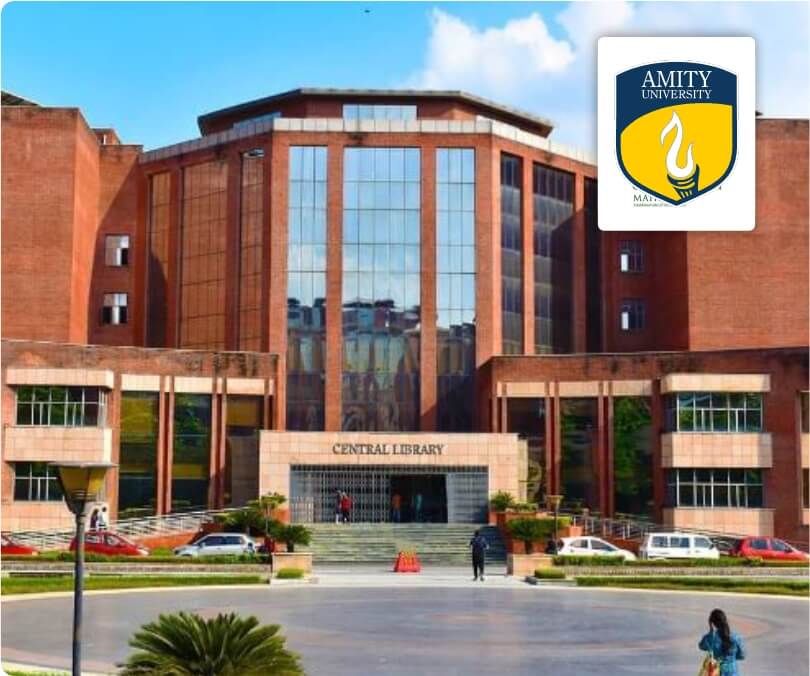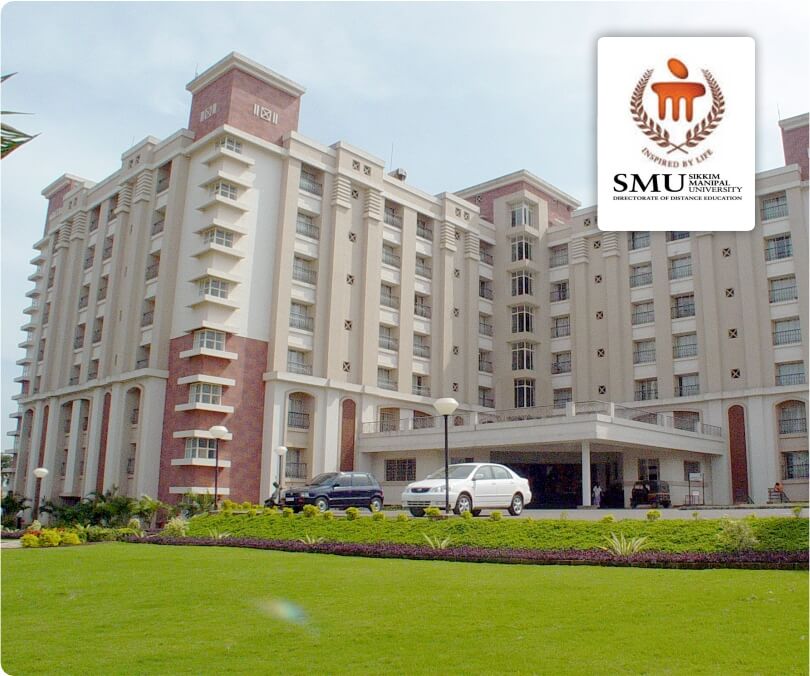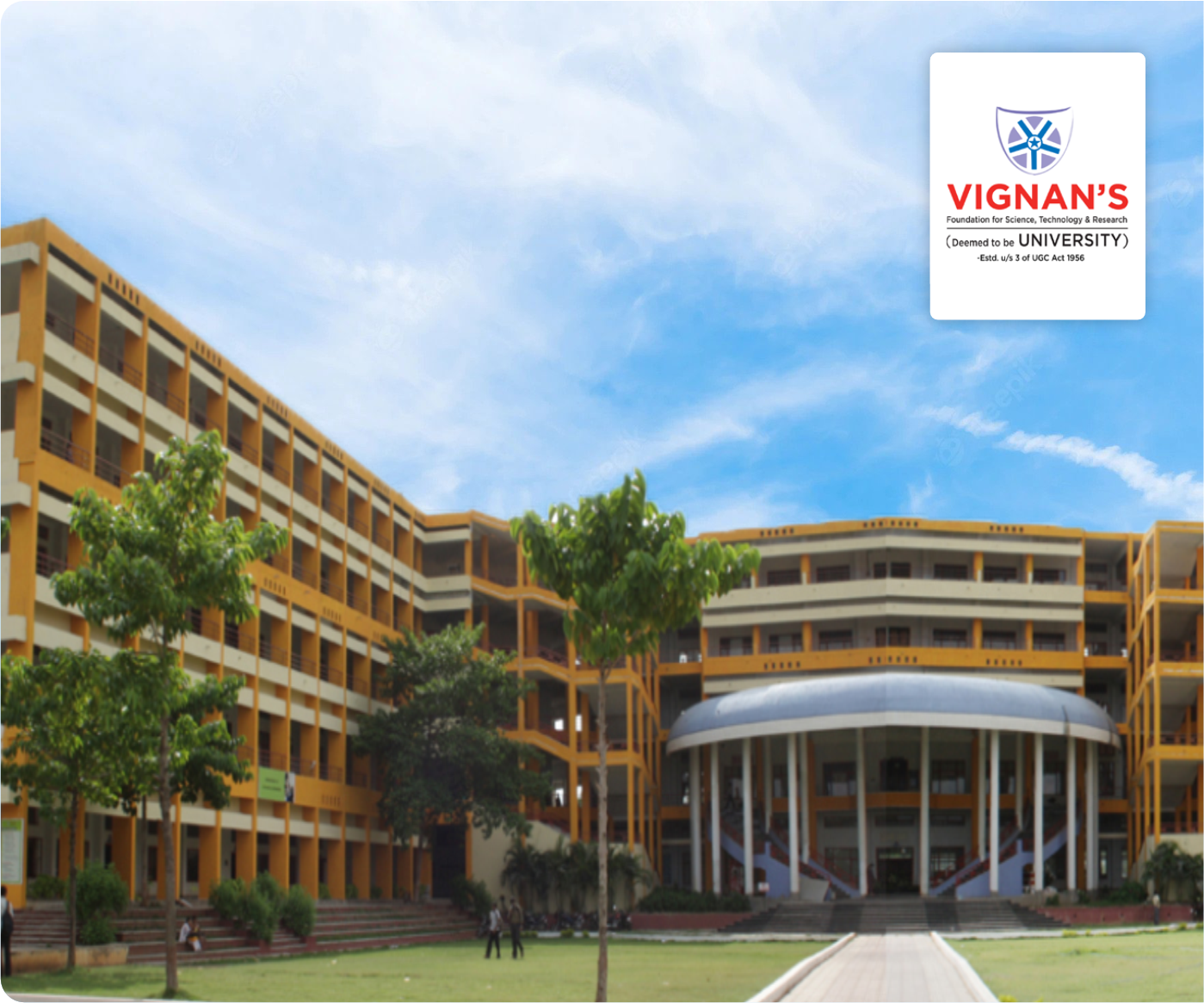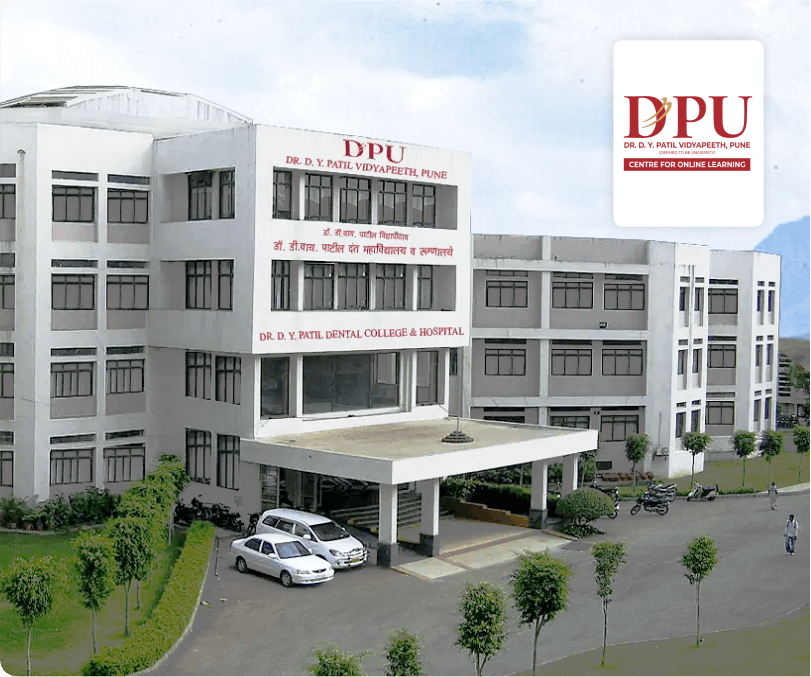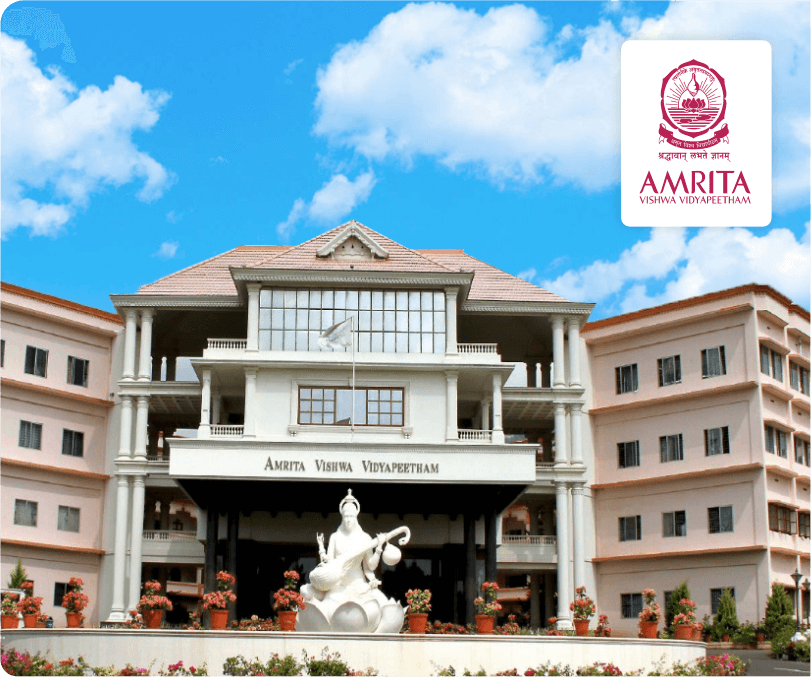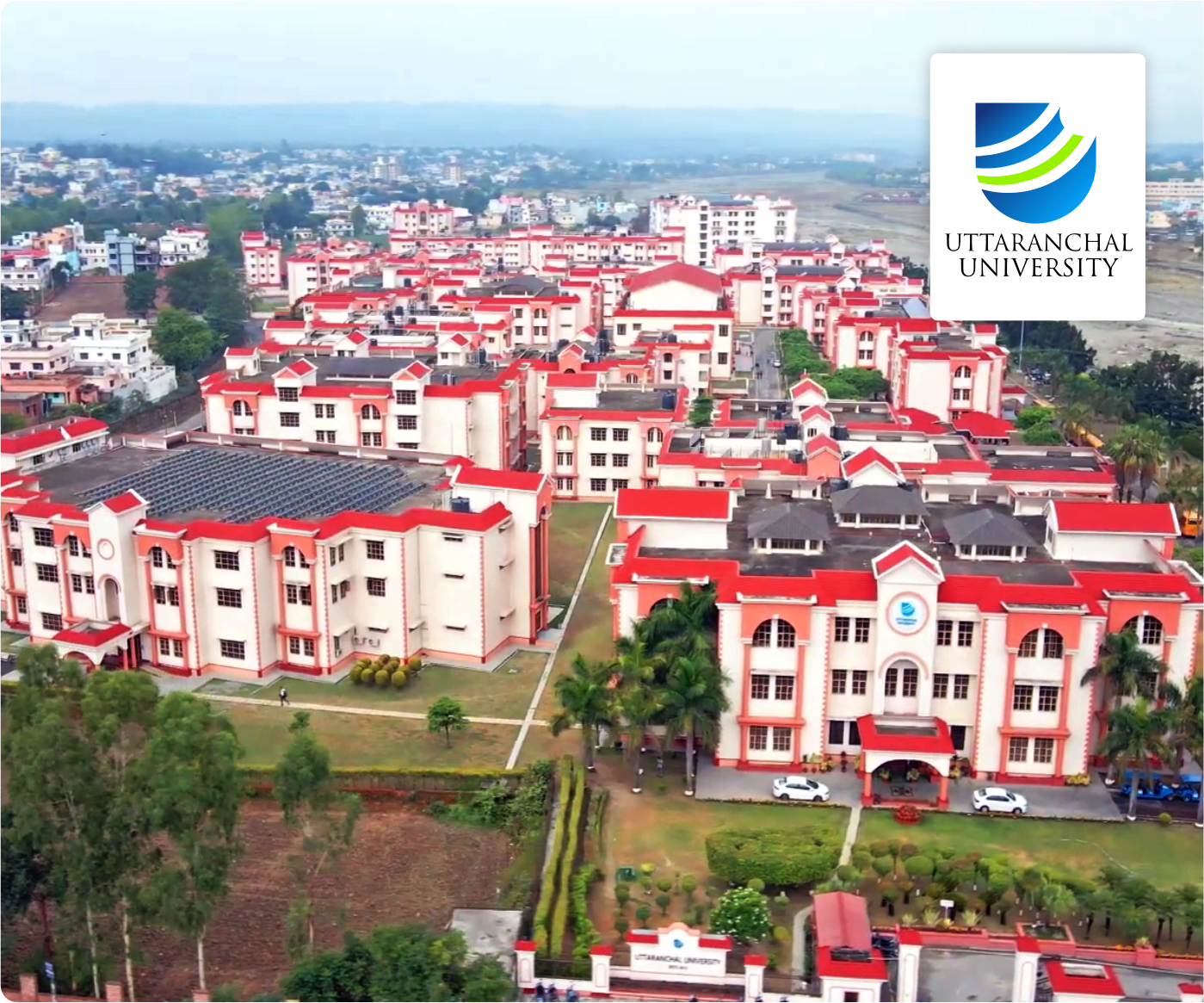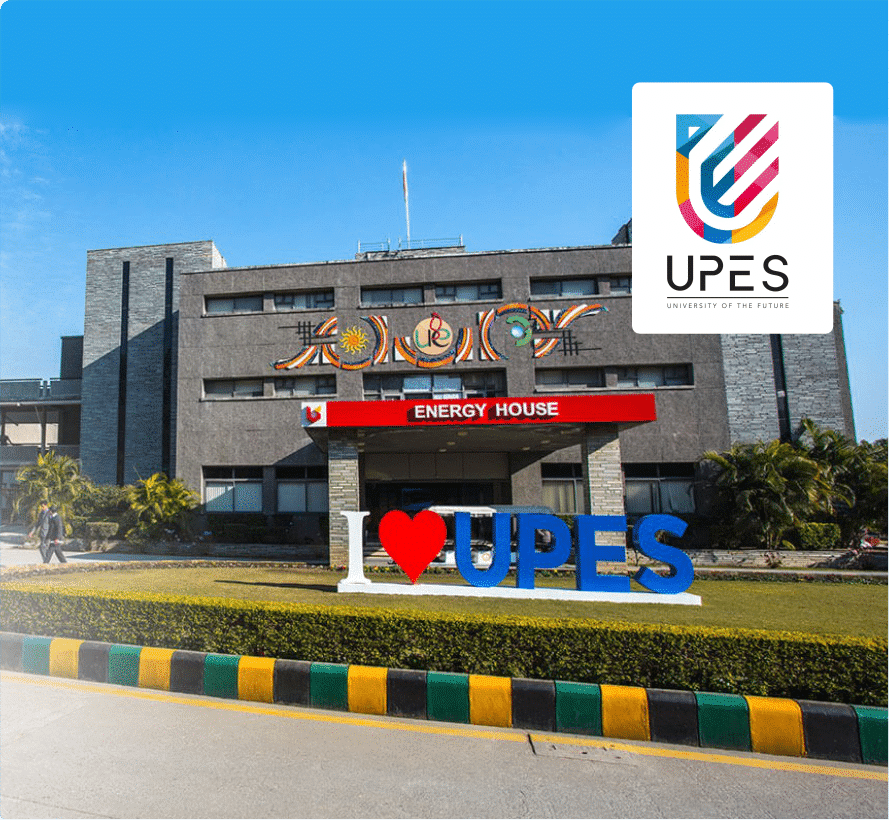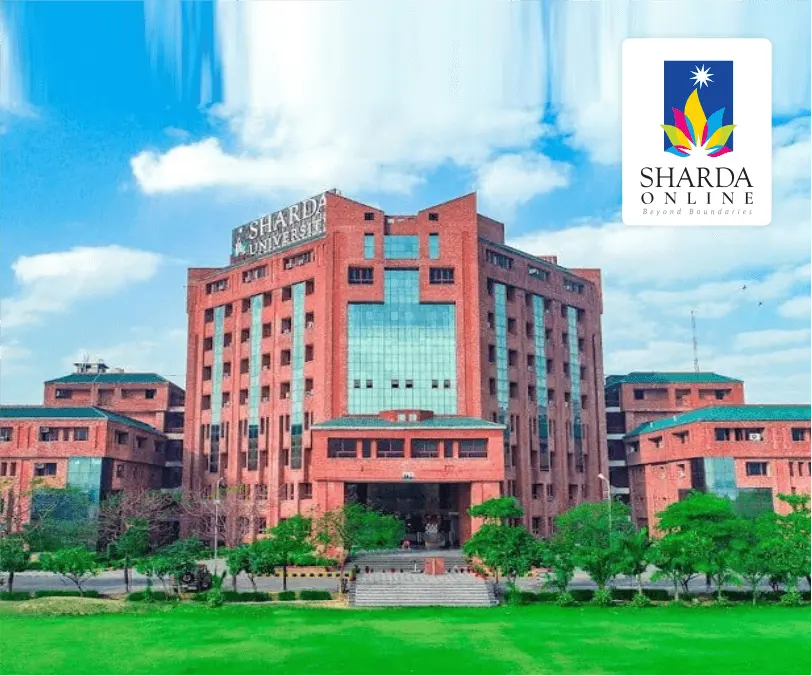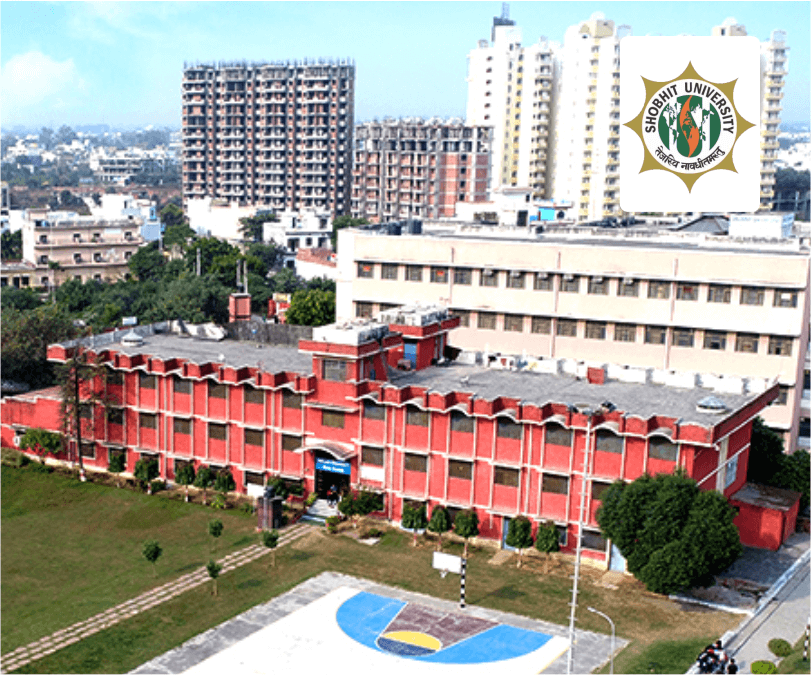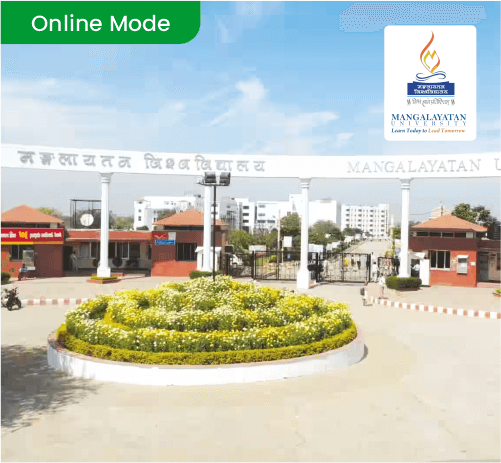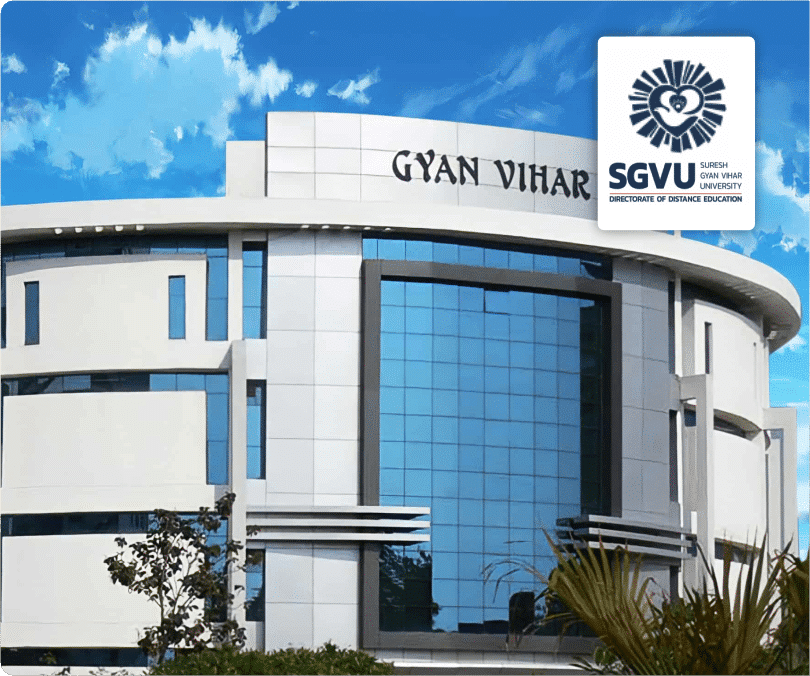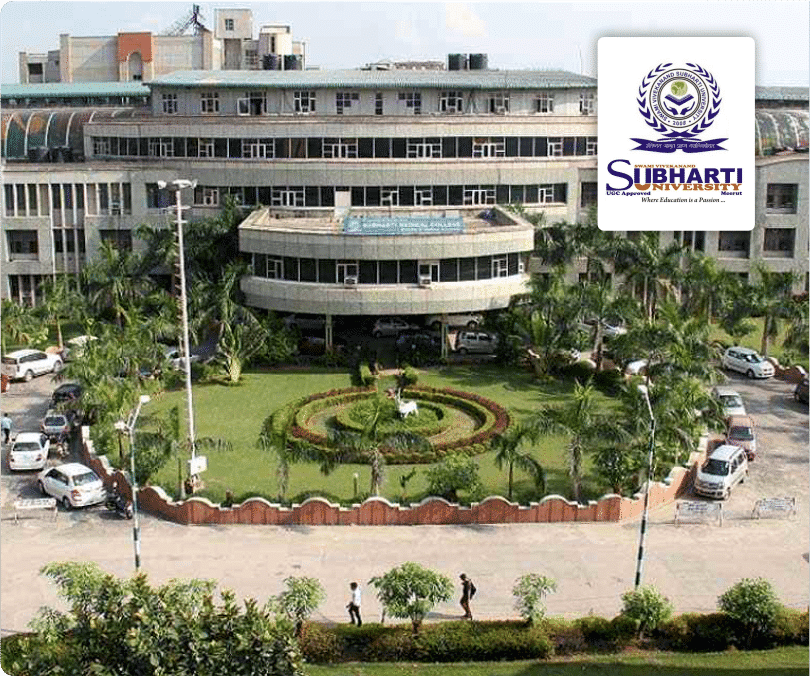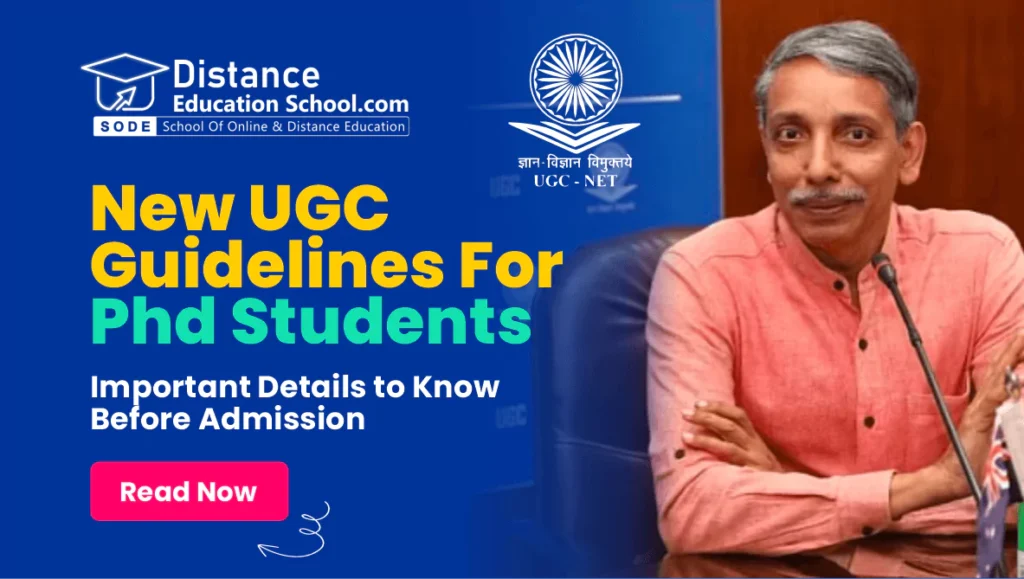
New UGC Guidelines For Phd Students: Important Details to Know Before Admission
As a doctoral candidate, you will engage with cutting-edge research, collaborate with leading experts, and publish your findings. PhD scholars have the chance to make a career in multiple industries with their research abilities and expertise. They can enter academia, industry, or research institutions and learn the necessary training and intellectual challenge.
UGC guidelines for PhD students can help learners get the best of their efforts. For 2024, they provide a framework for learners to continue their path to education. They are officially called “Minimum Standards and Procedures for Award of PhD Degree” Regulations 2022.
These guidelines and regulations apply to Universities established under:-
- Central, Provincial, or State Acts
- Colleges
- Institutions deemed to be universities under Section 3 of the UGC Act 1956
Learn more about these guidelines in this blog post and prepare for the future.
UGC Guidelines for Pursuing PhD Programs
Pursuing a PhD under UGC guidelines involves meeting specific eligibility criteria, sticking to standard admission processes, and fulfilling coursework and research requirements. The aim is to improve academics while providing students with the necessary resources and support.
Criteria for Grouping NET Scoresx
- Award for JRF & Assistant Professor Appointment
This is the first category. If you meet the specified requirements, consider yourself for a PhD program. Also, gain eligibility for a Junior Research Fellowship and an Assistant Professor position. - Promotion to Assistant Professor and PhD Admission
Although the Junior Research Fellowship is unavailable in this second category, students can still pursue a PhD and be appointed Assistant Professor. - PhD Admission Only
This third category allows for PhD admission alone. Students are not eligible for an Assistant Professor position or a Junior Research Fellowship.
Additional Notes:
- For PhD admissions, 30% of the evaluation is based on the interview and 70% on the NET (National Eligibility Test) score.
- NET scores for categories 1 and 2 are valid for one year, within which PhD applications must be submitted.
UGC Guidelines Stating Eligibility for a PhD Program
- 1-Year Master’s Degree:
Candidates with a one-year Master’s degree who have completed a four-year undergraduate program with at least 55% marks or a ‘B’ grade on the UGC 10-point scale are eligible. - 2-Year Master’s Degree:
Candidates with a two-year Master’s degree divided into four semesters must meet the same eligibility criteria as above. - Bachelor’s Degree:
Candidates with a four-year Bachelor’s degree split into eight semesters need a minimum CGPA of 7.5/10 or a 75% graduation mark to be eligible for PhD programs geared toward research.
Eligibility for M.Phil. Candidates
Candidates who have completed M.Phil. coursework with at least 55% marks or a ‘B’ grade on the UGC 10-point scale are eligible. Equivalent degrees from accredited foreign institutions are also accepted.
Relaxations
- Marks Relaxation:
For SC/ST/OBC categories, differently-abled individuals, economically weaker sections (EWS), and other categories as decided by the Commission. A 5% mark relaxation (55% to 50%) or an equivalent grade is allowed. - CGPA Relaxation:
A relaxation of 0.5 in the CGPA score (from 7 to 7.5) or an equivalent grade is permitted for the reserved categories.
NOTE: The 55% eligibility marks (or an equivalent grade) and the 5% relaxation for specific categories are calculated based on qualifying marks, excluding any grace marks.
UGC Guidelines for Phd Program Duration
- The minimum duration of a PhD program is two years, excluding coursework. The online and distance mode may extend as long as six years. Extensions beyond six years are permitted under institutional policies, but for no more than two additional years.
- As per UGC guidelines, women and persons with disabilities (over 40%) can receive an extra two years to complete their PhD. Additionally, women can avail themselves of up to 240 days of maternity or childcare leave during their PhD.
- Leave can be granted for student exchanges facilitating theory completion from the second year onward. Short research trips (less than one month) require approval from the supervisor and department head.
- In comparison, longer research missions (over one month) need departmental proposals and approval from the Research Advisory Committee for work in national/international research labs or centres of excellence.
Admission Procedure for a PhD Program
PhD candidates can apply to any university through the National Eligibility Test (NET) or other university-specific admission exams. Universities must stick to UGC guidelines for entrance exams issued by the Ministry of Education or UGC.
Requirements for Colleges and Universities Offering PhD Programs
- Determine Annual Intake: Institutions need to assess the number of PhD candidates they can accept based on available facilities and supervisors.
- Publicise Availability: Information about available seats, entrance requirements, and other pertinent details must be publicised on their website and in two national publications (one in the local language).
Observing State or Federal Reservation Laws
Admission requirements must align with state and federal preservation laws, UGC, and other legal stipulations. A two-stage admission process using national-level entrance exams or comparable exams will be implemented.
- Seat Allocation: NET and JRF eligible students may occupy 60% of the seats, while those securing the university or common admission exam will occupy 40% as per UGC guidelines. Reservation policies and merit will fill reserved category seats. A particular admission drive will be conducted if reserved seats remain unfilled within a month.
- Evaluation Criteria: Candidates’ research, analytical, understanding, and mathematical skills will be evaluated through an entrance exam. The qualifying mark is 50%, reduced to 45% for SC/ST/OBC. Exams will be held in notified centres.
UGC Guidelines for Interview Evaluation
The interview will assess:
- The candidate’s research skills.
- The institution’s ability to support the research financially.
- The relevance and applicability of the research topic.
- Academic institutions must publish a list of all PhD candidates, including their names, research subjects, supervisors’ names, and registration dates on their website each year.
Course Work Requirements
- Credit Requirements: PhD programs require between 12 to 16 credits.
- Provision Coursework: Four credits must be dedicated to Research Methodology, which includes quantitative methods, qualitative methods, computer applications, research ethics, literature review, and fieldwork.
- Teaching Courses: All PhD students must take courses relevant to their teaching, education, or writing subject.
- Advanced Courses: Other advanced-level courses will prepare students for their PhD.
- Experienced Researchers: Those with original research contributions can opt for courses that help monetise their intellectual property.
- Credit Transfer: Credits earned can be transferred between institutions through the Academic Bank of Credits.
- Teaching Experience: PhD students should engage in 3-4 hours of weekly teaching experience through assistantships or other dissemination activities.
- Dissemination Activities: Presentations, articles, and research activities must be approved by the Research Committee.
- Credit and Approval: All PhD courses must meet credit hour requirements and be approved by academic bodies.
- Departmental Prescriptions: The department will prescribe courses for the scholar based on the Research Advisory Committee’s recommendations.
- Completion Timeline: PhD students must complete coursework within the first one or two semesters, with blended learning options available in case of pandemics.
- M.Phil. Exemption: Candidates with an M.Phil. may be exempt from PhD coursework.
- Government-Sponsored Exemption: Government-sponsored candidates may also be exempt if they have completed equivalent coursework.
NOTE: The Research Advisory Committee and the Department will review and grade your coursework. PhD students must maintain at least 55% marks or an equivalent grade to proceed and eventually submit their thesis.
UGC Guidelines for Evaluation and Assessment
- PhD students need to start their research and draft their theory within the time set by the university after completing their coursework.
- Students must present their work to the Research Advisory Committee and get feedback from faculty members and other researchers before submitting their theory.
- It is recommended that students present research at conferences and publish it in peer-reviewed journals.
- Students must prepare a plagiarism check report. After the submission, supervisors will review this report.
- Universities need a system to detect plagiarism. Students must submit a statement of originality, a supervisory certificate, and the thesis.
- The theory will be reviewed by the supervisor and two external examiners not affiliated with the university.
- The supervisor and at least one external examiner will conduct the final interview. The Research Advisory Committee, academic staff, and other specialists can attend.
- Students and supervisors must inform the university if research leads to potential intellectual property. Theory can be confidential and delay the public defence for up to a year.
- The final interview will only happen if all examiners approve the thesis. If one examiner rejects it, the theory is only accepted if a second examiner concurs.
- Students must complete the theory assessment process within three months after submission.
- PhD students can spend between three weeks to six months working at different research institutes, including those abroad.
Pursuing a PhD through Distance and Online Mode
Pursuing a PhD through distance and online modes offers ambitious scholars a unique opportunity to achieve their academic goals without sacrificing their personal or professional commitments.
Given that, it provides the following benefits:-
- Flexibility and Convenience: Distance and online PhD programs allow students to study from anywhere. This mode of education is ideal for working professionals, parents, or anyone who needs to balance multiple responsibilities.
- Access to Global Expertise: Online PhD programs often attract a diverse cohort of students and faculty from around the globe. This international perspective enriches your learning experience, offering insights and knowledge from different cultures and academic backgrounds.
- Resource-Rich Learning: Distance learning platforms have many digital resources, including online libraries, research databases, and multimedia content. These tools support your research and learning, providing up-to-date information and advanced methodologies.
- Cost-Effective Education: Online PhD studies can be more cost-effective than traditional on-campus programs. You can save on relocation costs, commuting, and other campus-related expenses.
Key Features of Online PhD Programs
- Structured Learning: Online PhD programs are designed to provide structured yet flexible learning. You can access recorded lectures, virtual seminars, and interactive sessions.
- Personalised Support: These programs offer robust support systems despite being online. You will have regular virtual meetings with your supervisors, access to academic advisors, and technical support.
- Research Opportunities: Distance and online PhD programs emphasise deep research. Experts will guide you through your theory and help you better analyse your areas of interest.
- Career Advancement: An online PhD can significantly enhance your career prospects. It demonstrates your ability to manage time, work independently, and stay committed to long-term goals.
Top Distance/Online Colleges Providing PhD Degrees under UGC Guidelines
College/University | Location | Program Details |
New Delhi | Offers PhD in various disciplines with flexible online resources and support. | |
Dr. B.R. Ambedkar Open University | Hyderabad | Provides PhD programs focusing on social sciences, humanities, and education through distance mode. |
Karnataka State Open University (KSOU) | Mysore | Offers PhD programs in arts, science, and commerce with extensive online support. |
Yashwantrao Chavan Maharashtra Open University (YCMOU) | Nashik | Provides various PhD programs through distance education, focusing on flexible learning schedules. |
Symbiosis International University | Pune | Offers PhD programs in multiple disciplines with online coursework and research guidance. |
Vardhaman Mahaveer Open University (VMOU) | Kota | Offers PhD programs in humanities, social sciences, and commerce through distance learning. |
University of Mumbai – IDOL | Mumbai | The Institute of Distance and Open Learning offers PhD programs that strongly emphasise research and flexible learning. |
Nalanda Open University | Patna | Provides PhD humanities, social sciences, and commerce programs with distance learning options. |
Alagappa University – DDE | Karaikudi | Offers PhD programs through the Directorate of Distance Education in various fields. |
Tamil Nadu Open University (TNOU) | Chennai | Provides PhD arts, science, and education programs through distance and online modes. |
Conclusion
The UGC guidelines for PhD students ensure a high standard of academics and excellence. These guidelines provide a structured framework that supports research, practices, and education. By sticking to these standards, PhD students can confidently pursue their research goals, knowing they are part of a system that values quality and innovation. As future scholars navigate their academic journeys, the UGC guidelines serve as a vital roadmap, guiding them toward successful and impactful research careers.
Most Popular Blogs

Online BCA Courses in Jain University Online

Distance Education at Pondicherry University

Top 4 colleges to pursue Distance BBA in Andhra Pradesh

What are the top distance BSc colleges in Kerala

Know about the top 3 distance BCom universities in Madhya Pradesh


